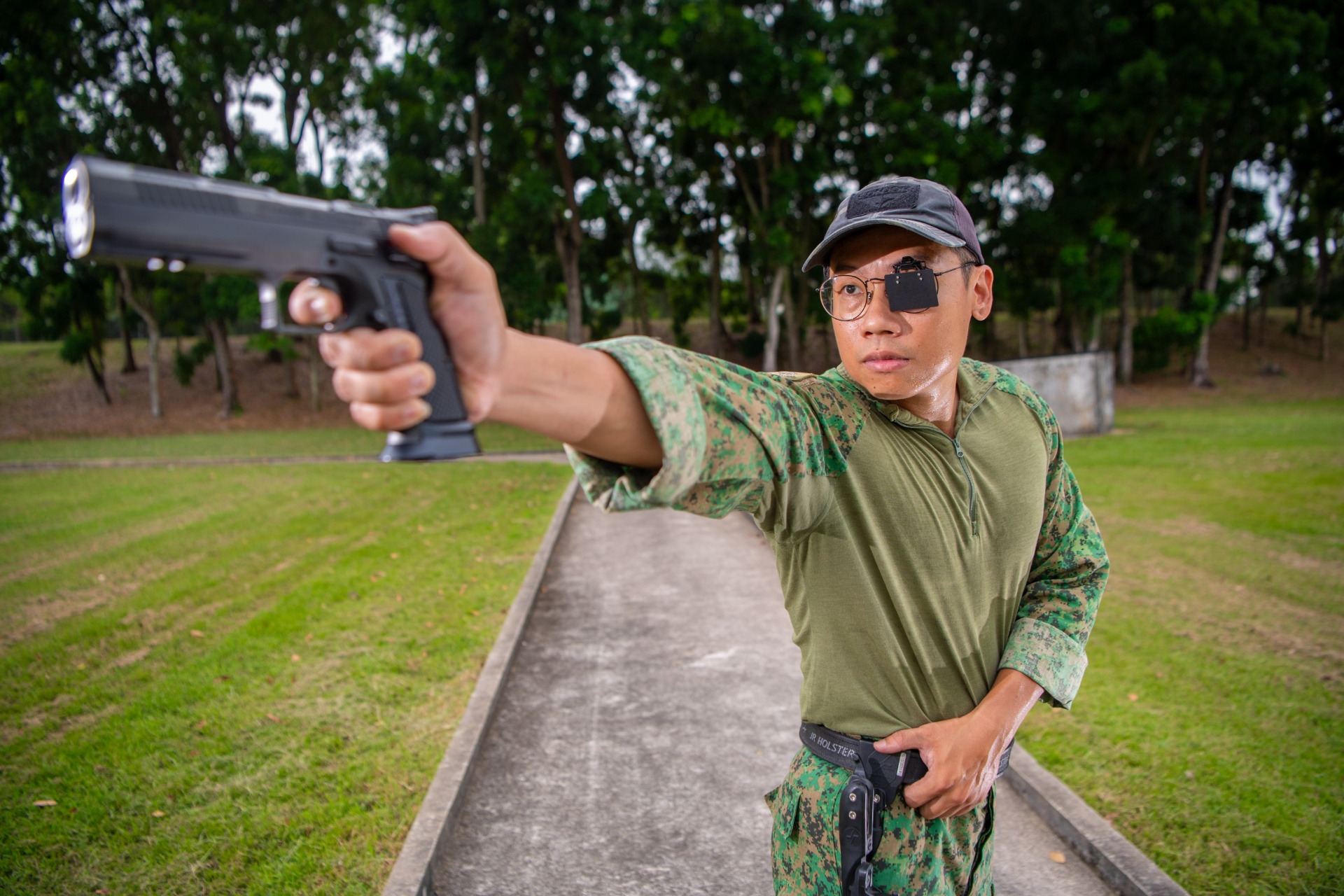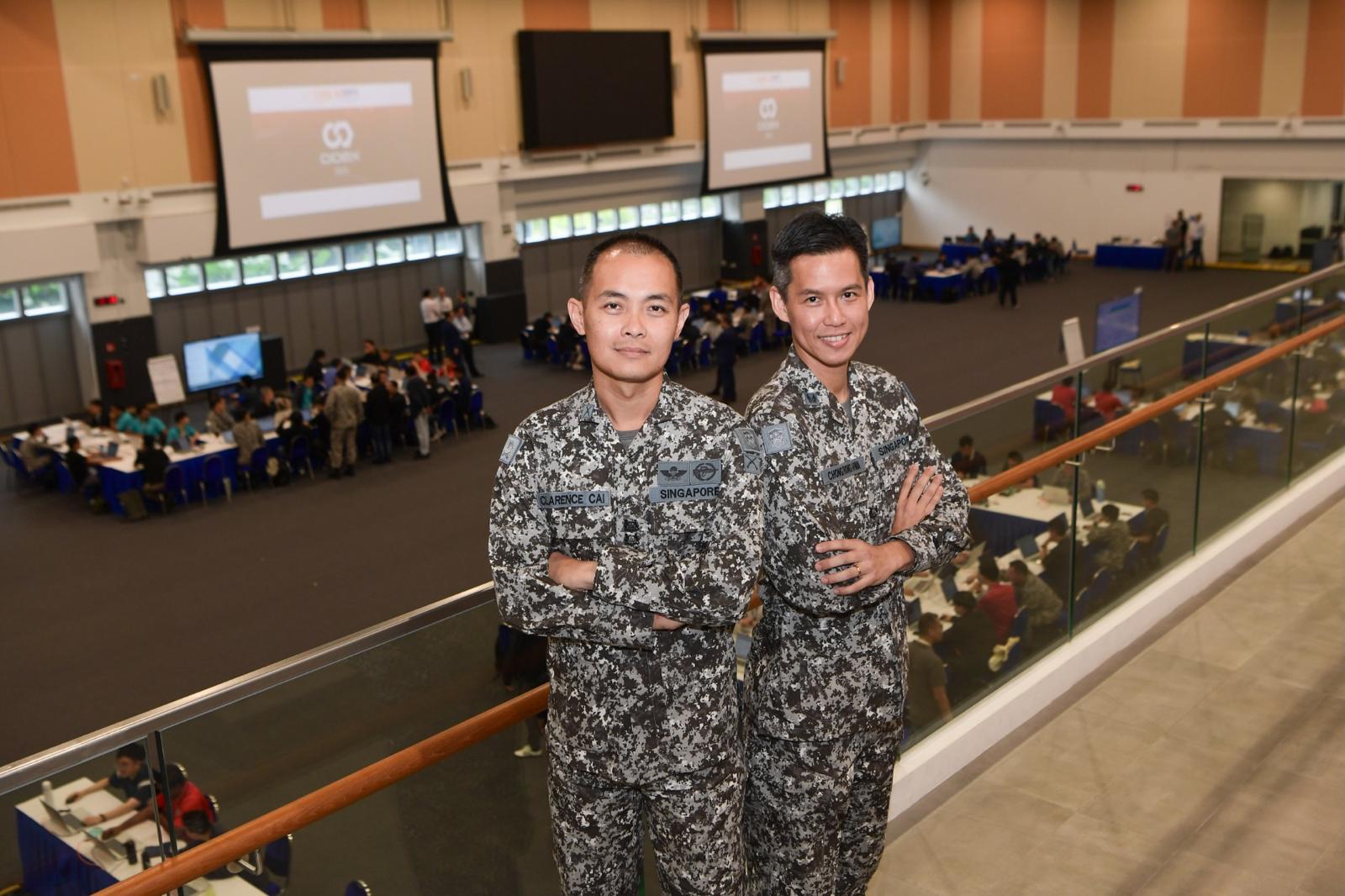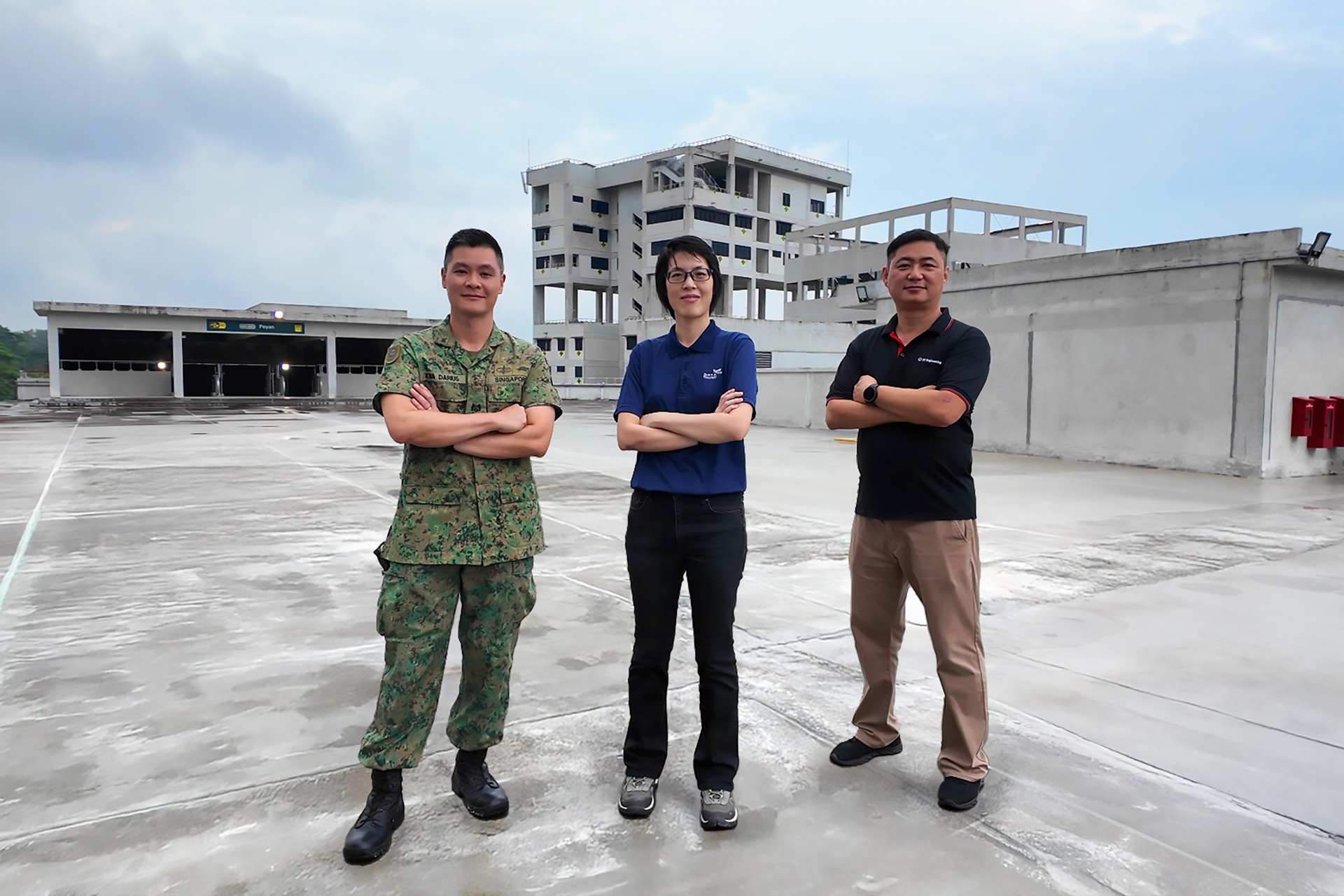In his annual SAF Day interview, Minister for Defence Dr Ng Eng Hen talks about how the Singapore Armed Forces (SAF) and National Service (NS) are well prepared for the future.
There are changes afoot to make life better for Operationally Ready National Servicemen (NSmen). These changes follow from the year-long public engagement efforts by the Committee to Strengthen National Service (CSNS) which concluded earlier this year.
For example, from 1 Jul, NSmen no longer have to notify their units when they travel overseas for less than 14 days. Come September, the NS Housing, Medical and Education Awards will see NSmen getting $6,000 more in their Medisave. And the five-station Individual Physical Proficiency Test (IPPT) will be made simpler - not easier - while maintaining fitness standards.
It was also revealed that the SAF was looking to acquire a new vessel - called the Joint Multi-Mission Ship (JMMS) - that will be larger and more capable than the Landing Ships Tank currently in service.
Facing challenges
These forward-looking changes are born of necessity. "I think the SAF is expected to do more and we recognise that," said Dr Ng at the 24 Jun interview held ahead of SAF Day on 1 Jul.
While the SAF's role as the ultimate guardian of Singapore's independence remains, there are increasing demands for militaries to do more in other areas, he said. "We have to address our challenges, not only in the way that we train but in the way that we position ourselves so that, to the (greatest) extent possible, we prepare for a different environment."
Expanded roles
Militaries are being deployed more and more to respond to non-traditional security threats such as homeland security, Humanitarian Assistance and Disaster Relief (HADR) missions and peace-keeping operations. And the SAF is no exception.
Besides protecting key installations locally, it recently responded to the aftermath of the devastating Typhoon Haiyan and concluded operations in Afghanistan last year.
Learning from its experience in HADR missions, the SAF realised the value of having larger naval vessels which could act as springboards for extended helicopter operations and as a command centre. Dr Ng explained: "When we responded to Typhoon Haiyan (it) was so devastating that communications were knocked out.
"There was no centralised ability for command and control of the airspace. In that context, a ship like the JMMS would have been very useful." He added that the SAF was in the final evaluation stages on deciding the JMMS's configuration to meet operational requirements.
Global realities
Ongoing conflicts on the international stage - such as the turmoil in Syria and Iraq - have the potential to impact Singapore, said Dr Ng.
Closer to home, tensions are rising over competing territorial claims in the South and East China seas. "Underlying those disputes is a more important question of how countries resolve disputes," he noted. This was one area which defence ministers spoke about during the recently concluded Shangri-La Dialogue.
One of the desired outcomes would be to achieve consensus on the rules and international norms to resolve conflict, without having to resort to armed conflict, said Dr Ng.
These events, though geographically removed from Singapore, can impact the nation's security, he added. "The overall message is that a number of these threats are increasingly transnational.
"That obviously impacts our defence planning and our defence challenges."
Singapore has also offered its Changi Command and Control Centre as a regional coordination centre for future HADR missions. This is a move which has been well received by neighbouring countries and even drew support from United States Secretary for Defence Chuck Hagel.
New frontier
The security of electronic networks is also being looked into. "We recognise that it is a new frontier that can have an impact sometimes equivalent and sometimes even more than physical terrain."
There could be serious security implications if networks were knocked out, said Dr Ng.
He commented that the Cyber Defence Ops Hub, which was announced last year, is now ramping up its training and deployment, and hiring more officers to meet cyber-security demands.
But amid all the changes afoot in the SAF, its mission remains the same - to keep Singapore secure.
"Very few countries are in the position that we are (in), where there is mass and strong support for defence... We have to keep it that way, and make sure that we continue that support in the way we manage NS."
- Dr Ng
IPPT to be simpler, not easier
The Singapore Armed Forces (SAF) is studying a simpler Individual Physical Proficiency Test (IPPT) format with fewer stations.
The revised format will not be an easier one as the SAF will continue to emphasise required fitness standards. "We want a fit SAF and we want fit NSmen (Operationally Ready National Servicemen)," said Defence Minister Dr Ng Eng Hen.
The challenge is to encourage the change from a mindset that fitness is a test, to the mindset that fitness is part of one's lifestyle. The IPPT will remain as a way to incentivise NSmen for keeping fit, he added.
The Army has been tasked to look into measures to ease the transition when the changes are announced.
Collaboration with other agencies to provide more spaces within the community for NSmen to maintain an active lifestyle was also on the cards.
Visit mindef.sg/safdayippt to see what Dr Ng has to say about the new IPPT format.




